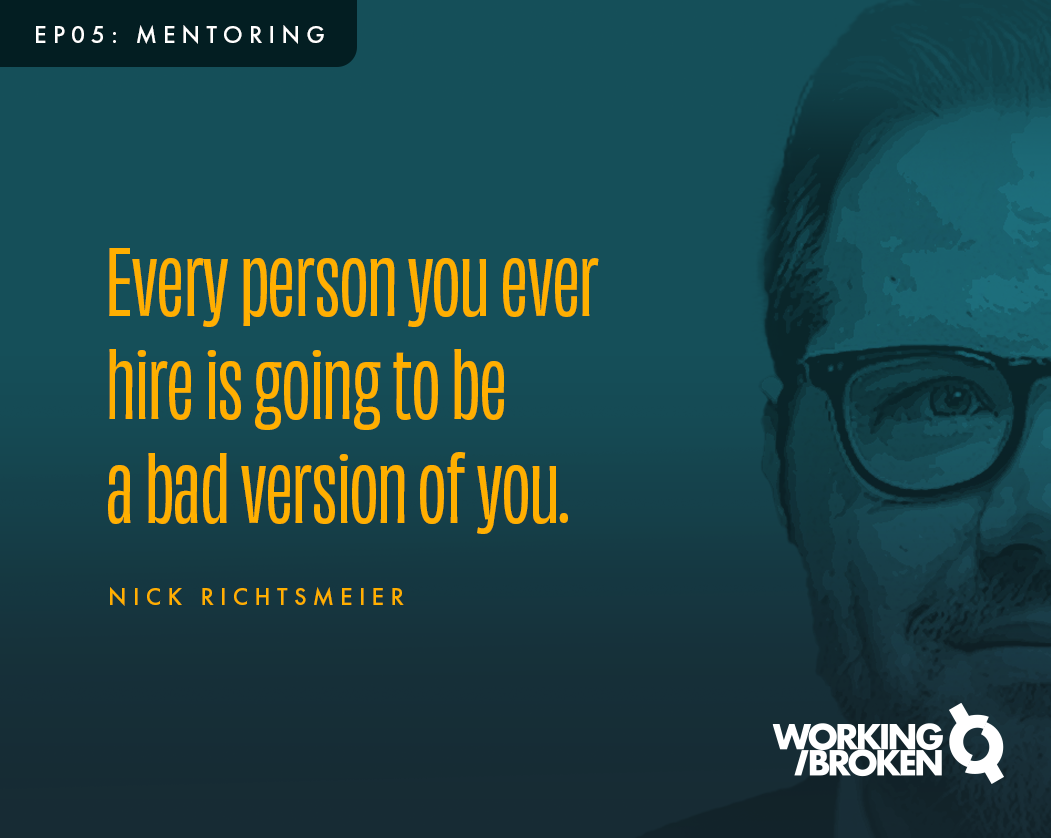
Edition 122: The requirements for turning leaders into more leaders
Not much keeps me up at night. Other than chronic pain, that is. Living with chronic illness is a really fun time, but that's a newsletter for a different day. One of the side benefits of living with years of pain in your body is it clarifies what matters. And there's just not much that's worth my 2 a.m. brain.
But one of the few things that has crept in to those waking hours is the slow death of leadership as a discipline in professional life and what's its costing us. The humanity of our team members is being lost. The capacity of our organizations are being stunted. The thousands of hours we spend at work is being submerged in cultural gamesmanship rather than creating healthy cultures for growth.
Our most recognizable leaders are either autocrats or bureaucrats, generating cult followers or automatons or both. There is a reason why a show like Severance has had such resonance culturally. Your team members, despite what they say in annual reviews, are likely very cynical about their ability to make good happen in their working life.
They don't see themselves on a path to leadership.
Simultaneously, the myth of "Founder Mode" and other Silicon Valley induced psychoses have led senior leaders to think they need to do more. They need to touch more things, give more feedback, control more outcomes.
"No one is qualified to do this better than me," is a common refrain.
If you're at all like me, you've heard yourself saying this. It's so easy to say because every one you hire is going to be a bad version of you. Your job as a leader is to draw them into being the best version of themselves.

Mentoring vs Managing vs Training
At the crux of this is a vacuum where mentoring once lived. That vacuum has been filled with managing and in some cases training, though training and truly developing human capital has seen better days.
- Training (giving structure to knowledge and new skills) is the tool we use to develop repeated, proven behaviors.
- Managing (giving responsibility and holding accountability) is the tool we use when we want to hand off autonomy so people can develop their own best behaviors.
- Mentoring (standing alongside to model and guide in real time) is the tool we use to expand the capacity of those we lead so they can expand the capacity of others.
The most essential tool for healthy culture is mentoring. Not surprisingly, it's the most absent. Most leaders are too in the day-to-day of client meetings, sales, detailed minutia, and controlling processes that they don't have the time or the attention to mentor well.
To do well as a leader you need to do less.
Rather than write more about this, the best place for you to engage this is the most recent episode of my podcast with Brad Farris: Working/Broken. If you haven't tried the podcast, it is the best place to get a public bite of the exact advice we are giving our paid clients on these nuanced topics.
See you on the pod:
Apple Podcasts | Spotify | iHeart Radio | Overcast | Working/Broken Website
Stay brains on, heart open, forward progress.
